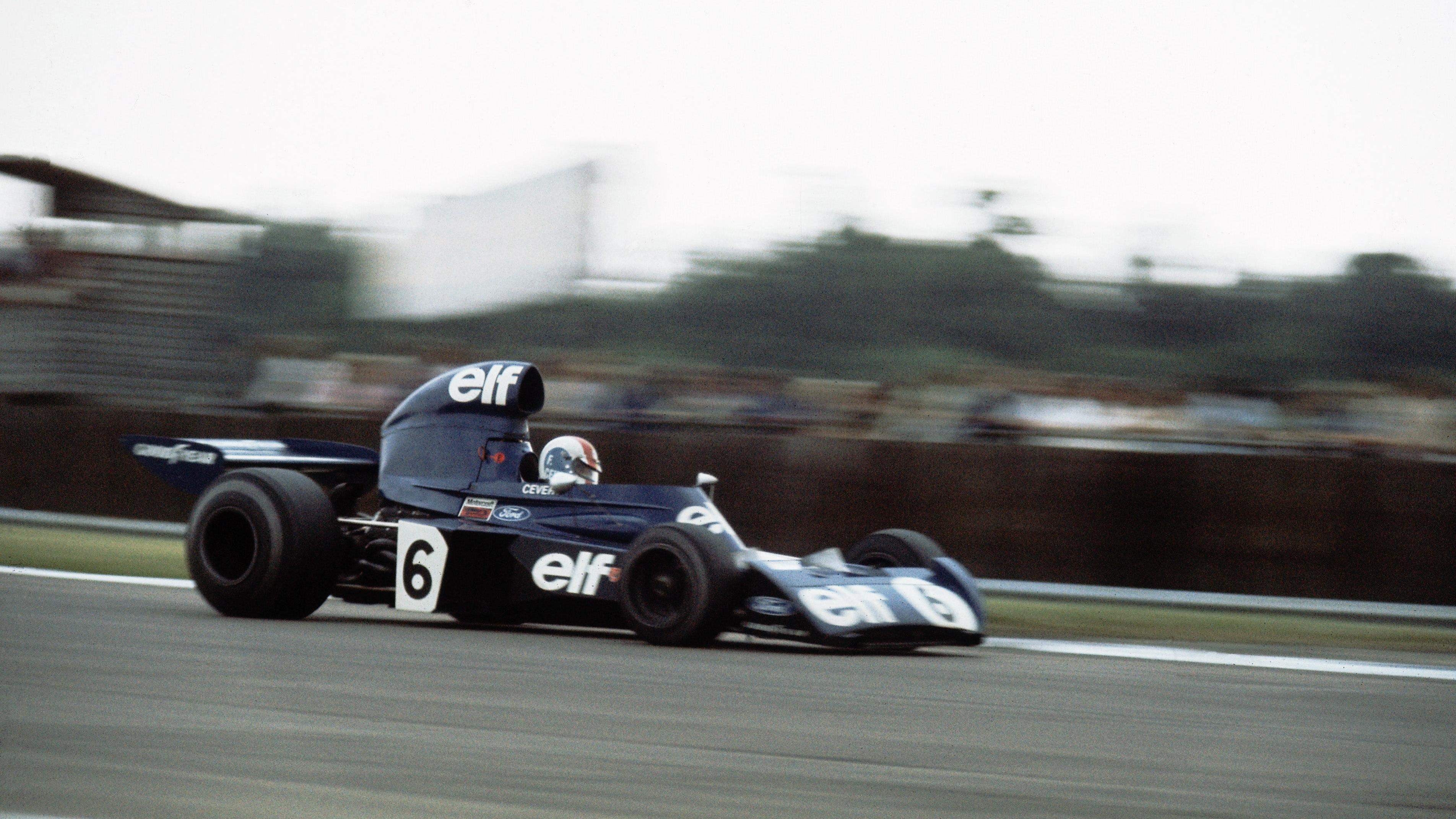What Taught Me To Love 1970s Formula One
The glamour of the era is undeniable, but for me, it goes so much deeper.
As I write this story, I'm sitting in the toe of the Boot at Watkins Glen International, a race track I fell in love with because it was the place where one of my favorite vintage Formula One drivers had won and died. I made my way to the track for the first time because I'd been so enamoured with the past. Now, I've come here every year (with the exception of 2020) for the past five years. I've made friends. I got married to man I met at the track.
But I've spent years trying to figure out how to incorporate my passion for 70s F1 into my career. Since there aren't many full-race broadcasts available online from that era, I thought about creating an online archive of event info. So, for example, my 1971 United States Grand Prix page would have old video clips, photos, interviews, links to archived publications, PDFs of that race's program, and more. As much as I could compile to make it seem like you were actually there at the track.
Then I thought about setting up a podcast series where I rehash the race as if I were a commentator reporting on it via radio as it happened. I thought about doing a similar thing, but recapping a whole season.
https://jalopnik.com/francois-cevert-watkins-glen-and-the-myths-of-dead-he-1846182325
So when RACEWKND approached me to say they were putting together an issue of its magazine entirely dedicated to the 1970s, I asked if they'd consider me as a writer. They would. And that meant I got to spend a month exploring the ins and outs of 1970s F1 on a year-by-year basis. I got to research the context of the racing, to understand what was going on in the world as the racing evolved. I studied the business of the era, which allowed Bernie Ecclestone and Max Mosley to mount a decades-long control of the sport. By the time all was said and done, I'd written almost an entire magazine, and I'll get to see my name in print for the first time when it ships in July.
It's hard to put words to what it is about the 1970s that I love so much. The obvious answers, of course, are the sex and the danger that accompanied an already high-profile sport. But that has always felt reductive to me. I know that, had I lived back then, the grotesque spectacle of danger would have turned me off to racing; I've had a hard enough time reconciling the deaths of Justin Wilson and Jules Bianchi.
But there's something about seeing the tragedy in retrospect and fitting it into a bigger picture, I think, that helps. For me, the 70s has always seemed like the era when everything changed in F1. Business boomed as sponsors found the value of a good partnership. It was the last era where a car built in a woodshed could compete for a World Championship win its first year on the track. Drivers had personality, but we didn't always get to see it. There was an aloof distance to what you could know, but at the same time, fans could fill the paddock and meet their heroes one-on-one. The technology that would come to define the sport as we know it today was introduced.
It's always seemed to me that the 70s set the stage for the F1 we know today. Whether that's a good or bad thing, I think, comes down to what you value in a race series. But for me, nothing can beat F1 in the 1970s.
